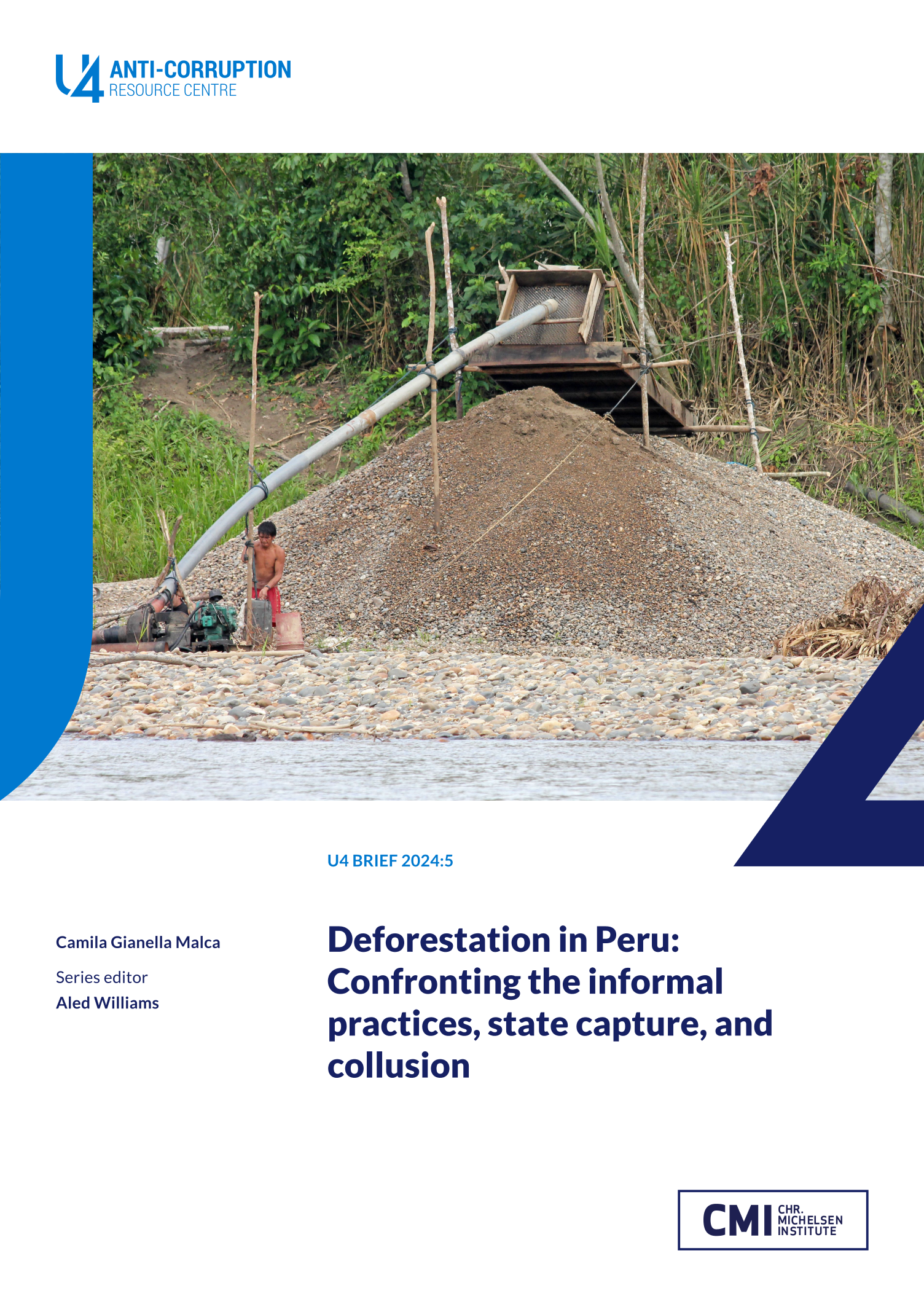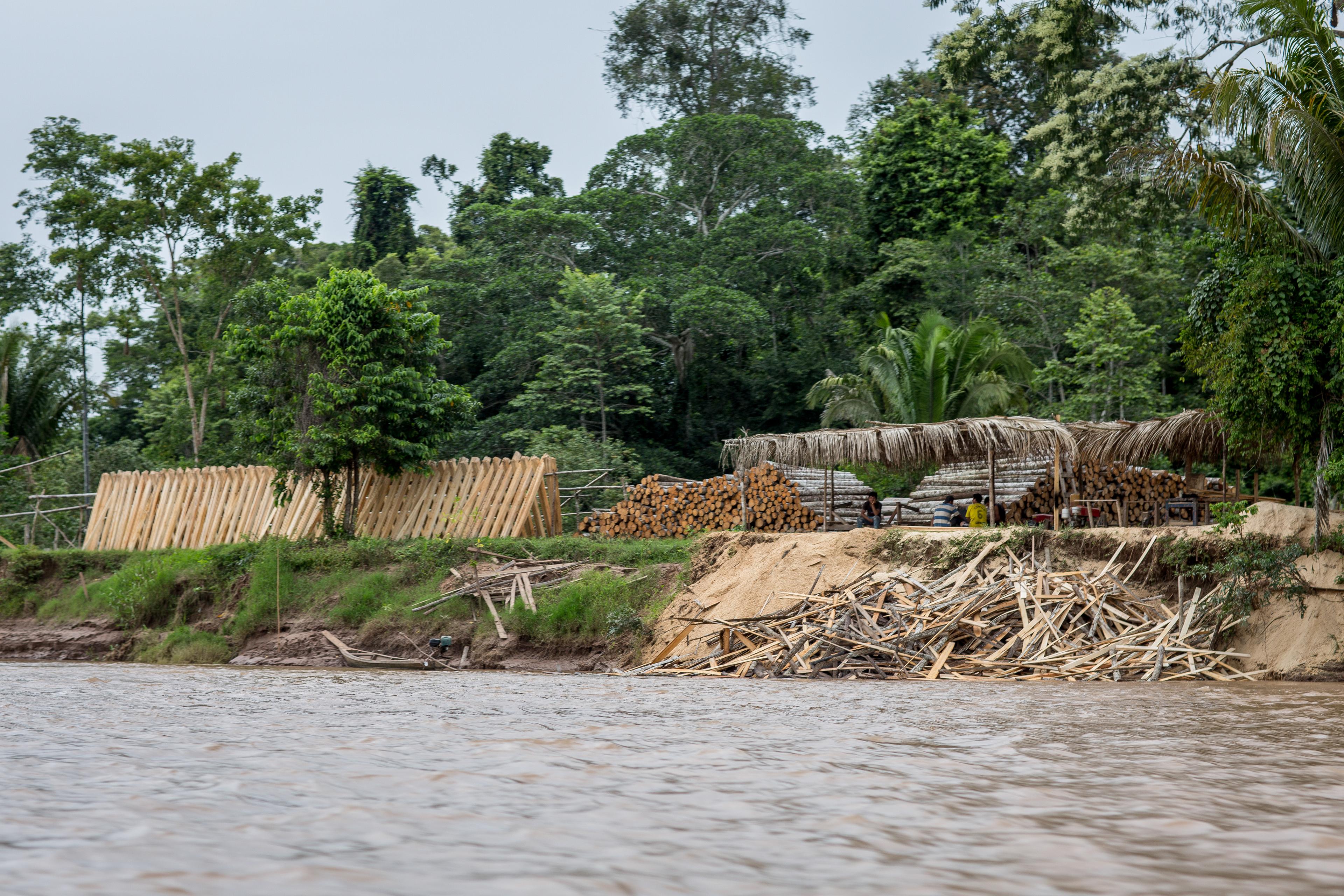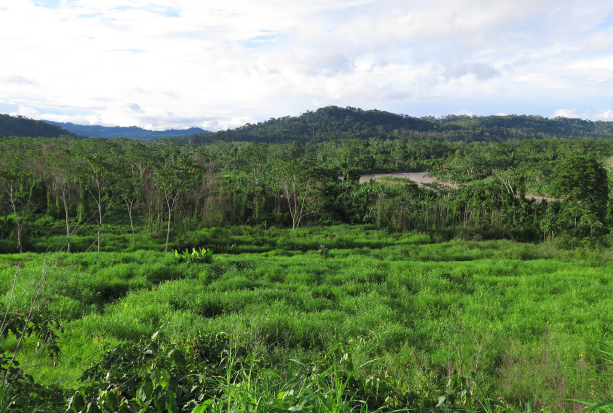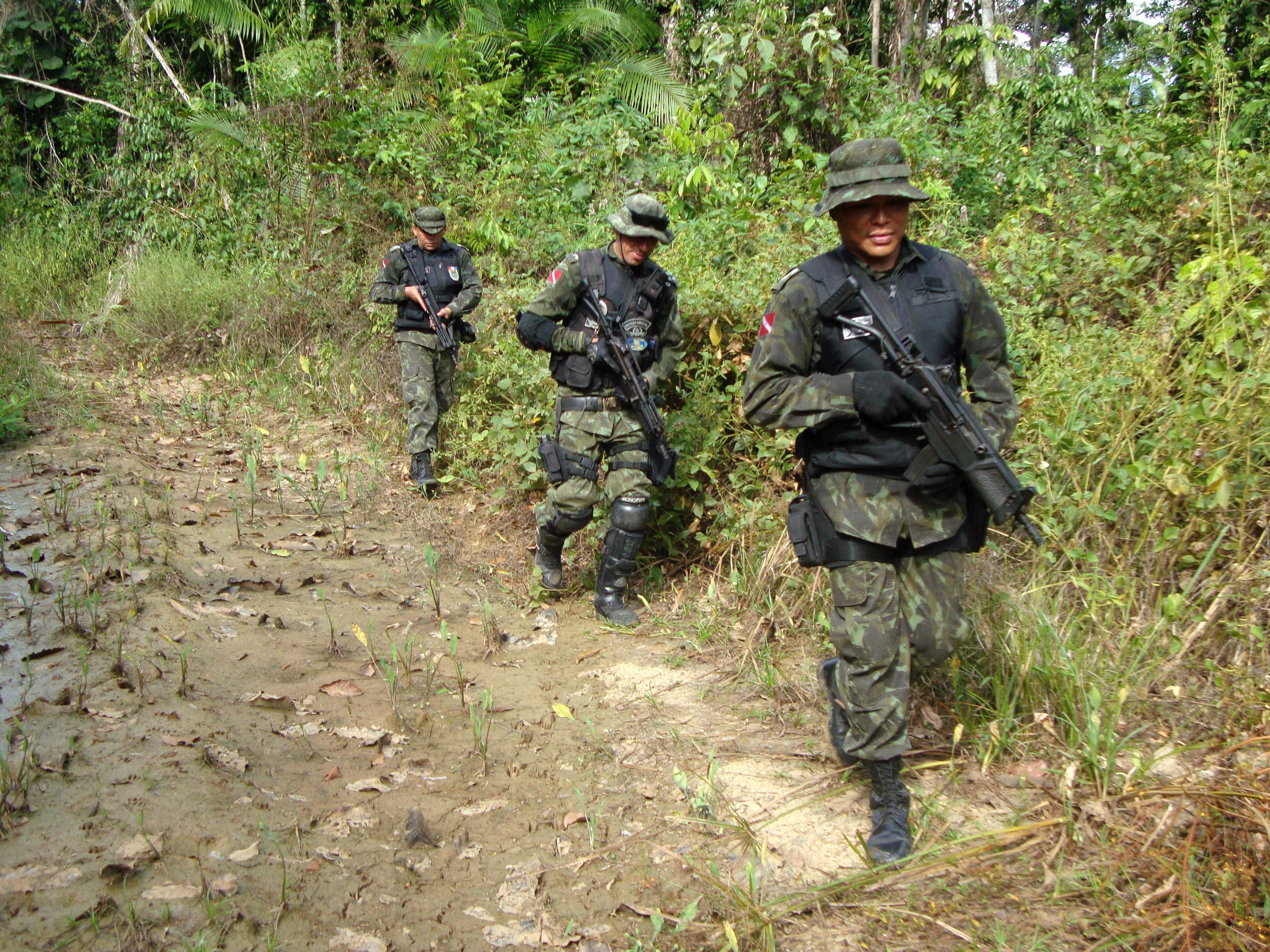Main points
- The main drivers of deforestation in Peru are mining and agriculture. The development of these industries, as well as the implementation of policies and programmes in the forest sector, are influenced by informal practices, state capture, and collusion.
- From 2009, Peru’s newly formed regional governments acquired powers to govern natural resources – the first five regions to be granted these powers were all in the Amazon. Subnational politics plays a significant role in implementing national policies for protecting the Amazon.
- Two specific cases of reform – expansion of small-scale mining and legalisation of crops grown in illegally deforested areas – could have a further detrimental impact on conservation efforts.
- Protection of the Amazon relies on improving the transparency and accountability of elected officials; preventing collusion between private and political interests, by ensuring more independence of the administration agencies involved; and placing forest management under the direct authority of environmental actors.



